“Psychology, so dedicated to awakening human consciousness, needs to wake itself up to one of the most ancient human truths: we cannot be studied or cured apart from the planet.” ~ James Hillman
I’m in the throes of research for my new book. All the while trying my best to be present with Earth, with those I’m working with, and with those I love. Trying to be present amidst a poisonous political landscape whose greed and lust for power exploits our wild neighbors, other humans, and our beloved Earth.
In the past, I might have turned to one-on-one therapy to support me in this moment. The experiences I’ve shared in the safe space of one-on-one therapy were stories inside me that no one else had heard before. Many were memories hidden in shame and speaking those memories aloud began to free me. One-on-one therapy with a trusted psychologist has helped me immensely. But there was always something missing in those conversations that I had to fill myself with.
I have brought ecological grief into the therapy room but I have never been reminded that I am inseparable from nature. The practices that have helped me live with that grief have been working with and on behalf of nature. I have brought the pain and bewilderment of human cruelty into therapy and have received tools to cope. But what has really alleviated that pain is building communities of care and working on behalf of social justice.
Historically, Western psychotherapy has worked to heal the individual and all too often neglects the dynamic ecosystems — the sociopolitical environment and the multispecies, living planet — the individual exists within. There is no denying that the way we think, feel, and behave is shaped by the culture, systems and institutions we grew up in. This includes the way we’re educated, socialized and informed about the world. Does therapy really help if it is isolated from the wider ecosystem? What about the colonial, patriarchal, anthropocentric culture I grew up in? Is therapy considered successful if the client is made more comfortable coping with a sick culture or reality?
Traditional one-on-one therapy dwells in the inner reality of the client and the ways clients present their experiences. One-on-one therapy often puts the onus on the client when the environment they grew up in may be the root cause of their distress. Plus, individualism is it’s own myth and loneliness. Overall, the dominant framework of Western psychology is coming from a colonized lens of human exceptionalism. The “fathers” of Western psychotherapy were all white European men.
It is right to be unsettled right now. It is absolutely natural to feel unmoored in a world that is in crisis. In climate psychology, anxiety and grief are healthy responses to an unhealthy environment.
I realize that there are many systems of psychotherapy such as ecopsychology, somatic therapy and family systems therapy. And no doubt, there are times when one-on-one therapy is exactly what is needed. Among other things, one-on-one therapy helped me revise harmful inner narratives that in turn, allowed me to be more present to my outer environment. Those revisions also required me to write, draw, move my body and change the way I interacted with loved ones and the wider ecosystem. Every day I could after talk-therapy, I sat outdoors where my local ecosystem held me unconditionally. When I walked outside, I was immediately cared for by trees who offered me breath, by medicinal plants and fungi who grew all around me, by healing waters and oceans where my ancient body evolved.
Imagine if the dominant psychological lens acknowledged the inherent trauma in each human who is divorced from nature, our only home.
Imagine if every psychotherapist helped you remember that as a species and a self — from the wildflowers, trees, birds and four-legged mammals in your neighborhood, to the countless microbes in your body — you are not alone.
No matter what your belief system is, there is one thing we all have in common: we are children of Earth. We all depend on the health and well being of the same planet. And whether we want to acknowledge it or not, we all suffer when she suffers.
Instead of fixating solely on our inner realities, why not also learn from and about our wild neighbors, build communities of care, and place our bare feet on Mother Earth?
Books in my current stack include:
Climate, Psychology, and Change, by
The Voice Of The Earth, by Theodore Roszak
Radical Ecopsychology, by Andy Fisher
Liberation Psychology: Theory, Method, Practice, and Social Justice, Edited by Lillian Comas-Díaz and Edil Torres Rivera
Decolonizing Therapy: Oppression, Historical Trauma, and Politicizing Your Practice by Jennifer Mullan
Any that you recommend?
If this resonated, you might also enjoy this article I wrote last summer for Psyche Magazine about Rewilding Attachment Theory.




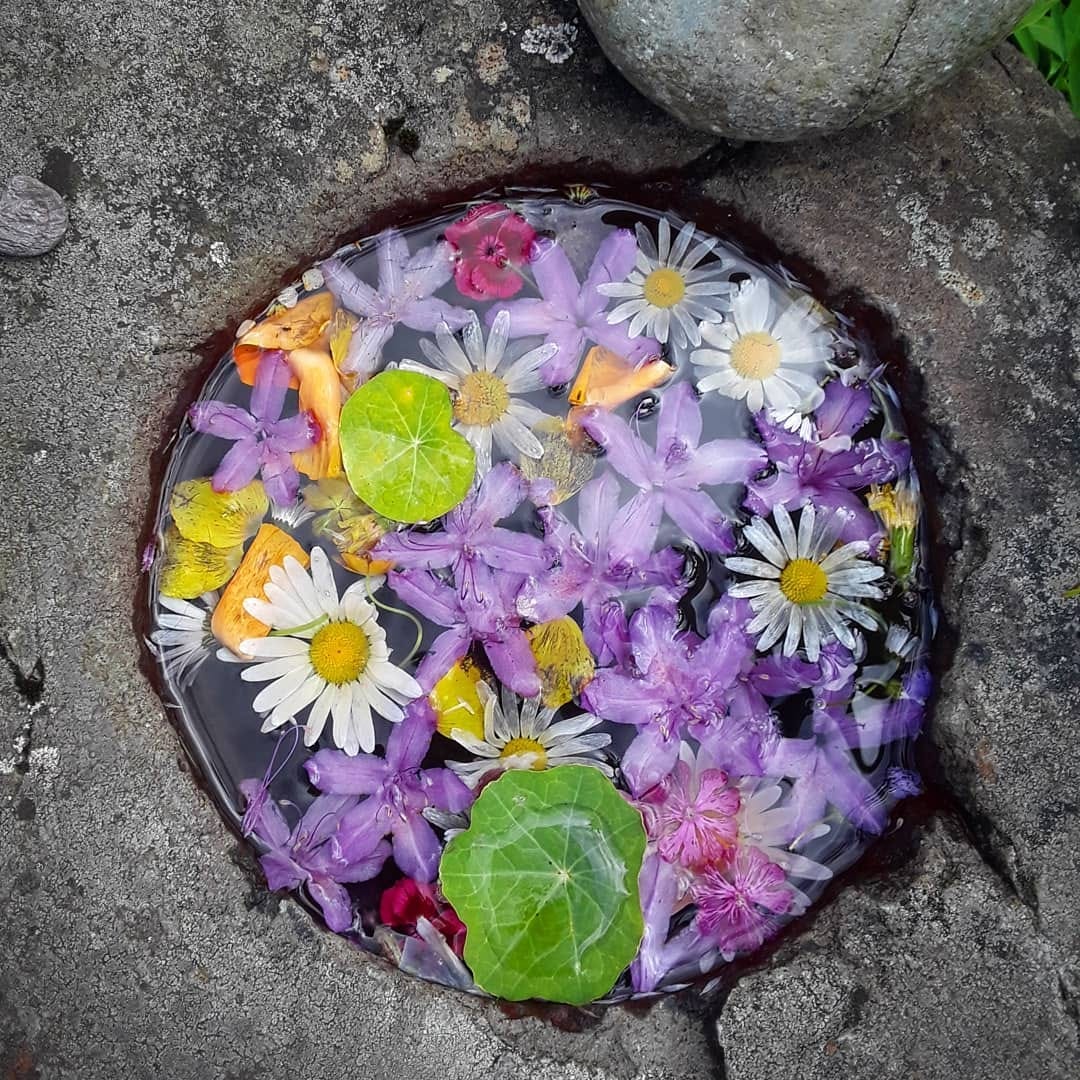
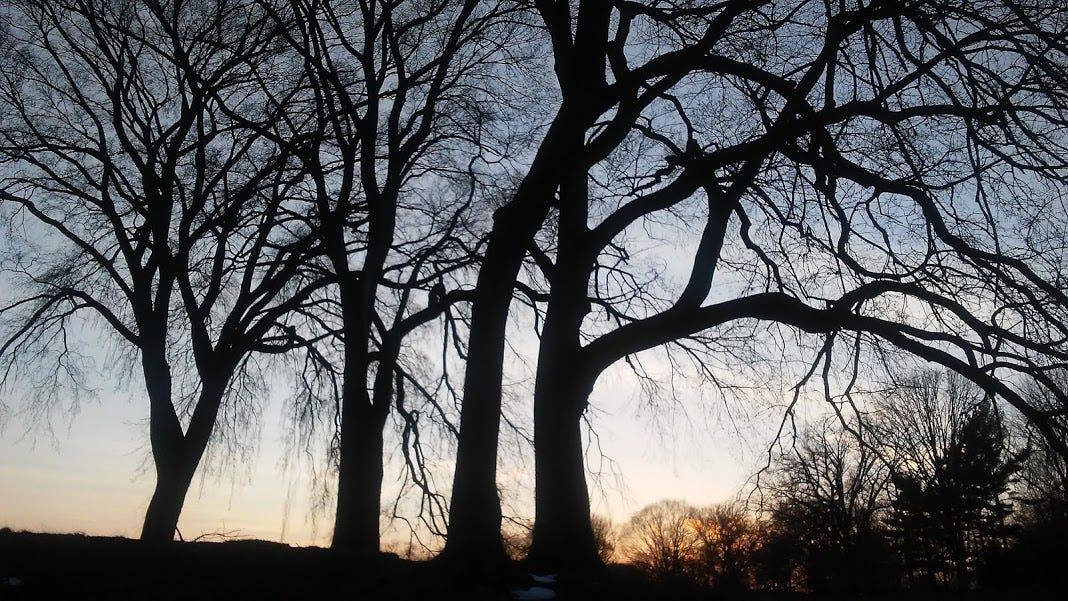
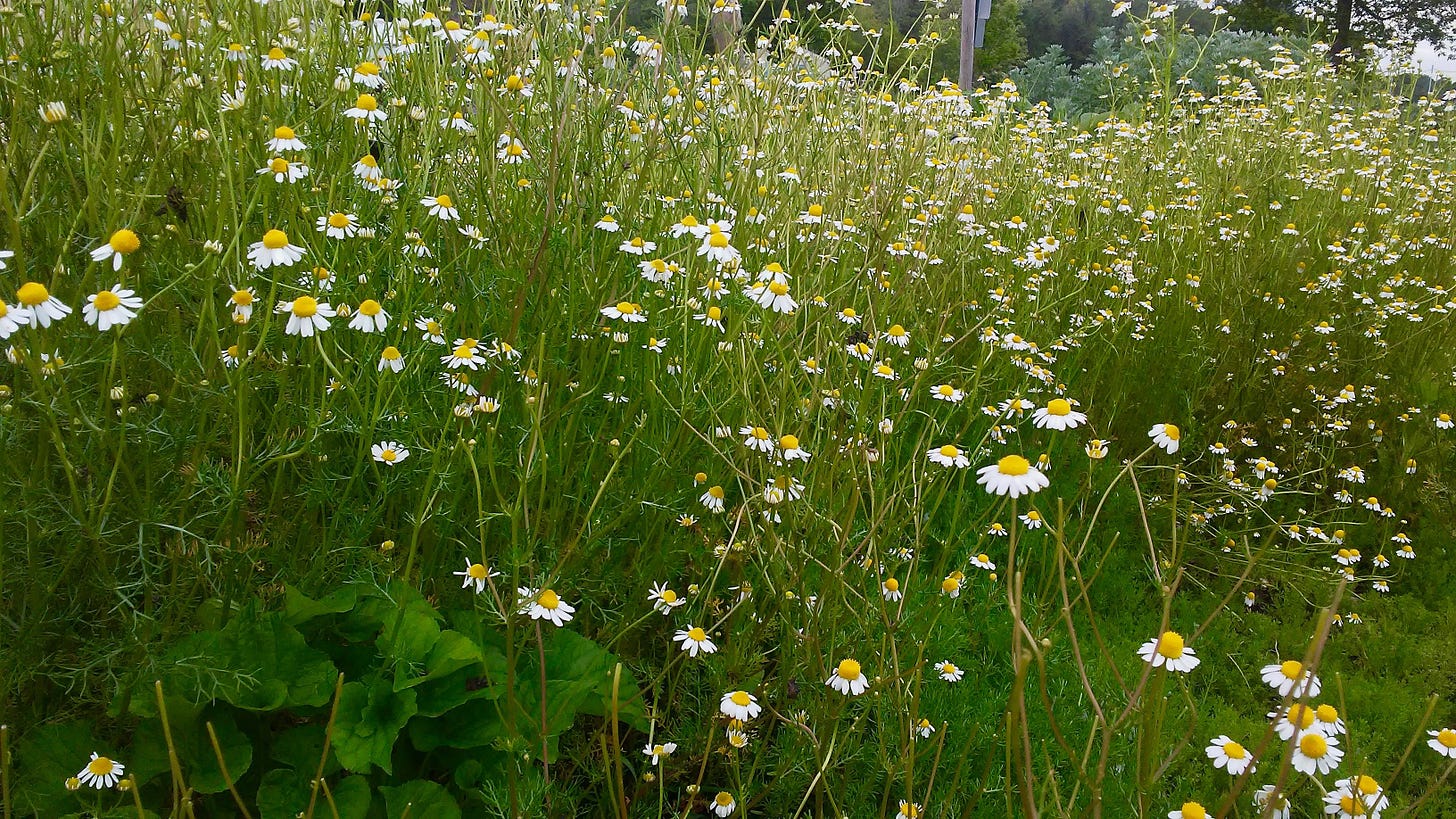
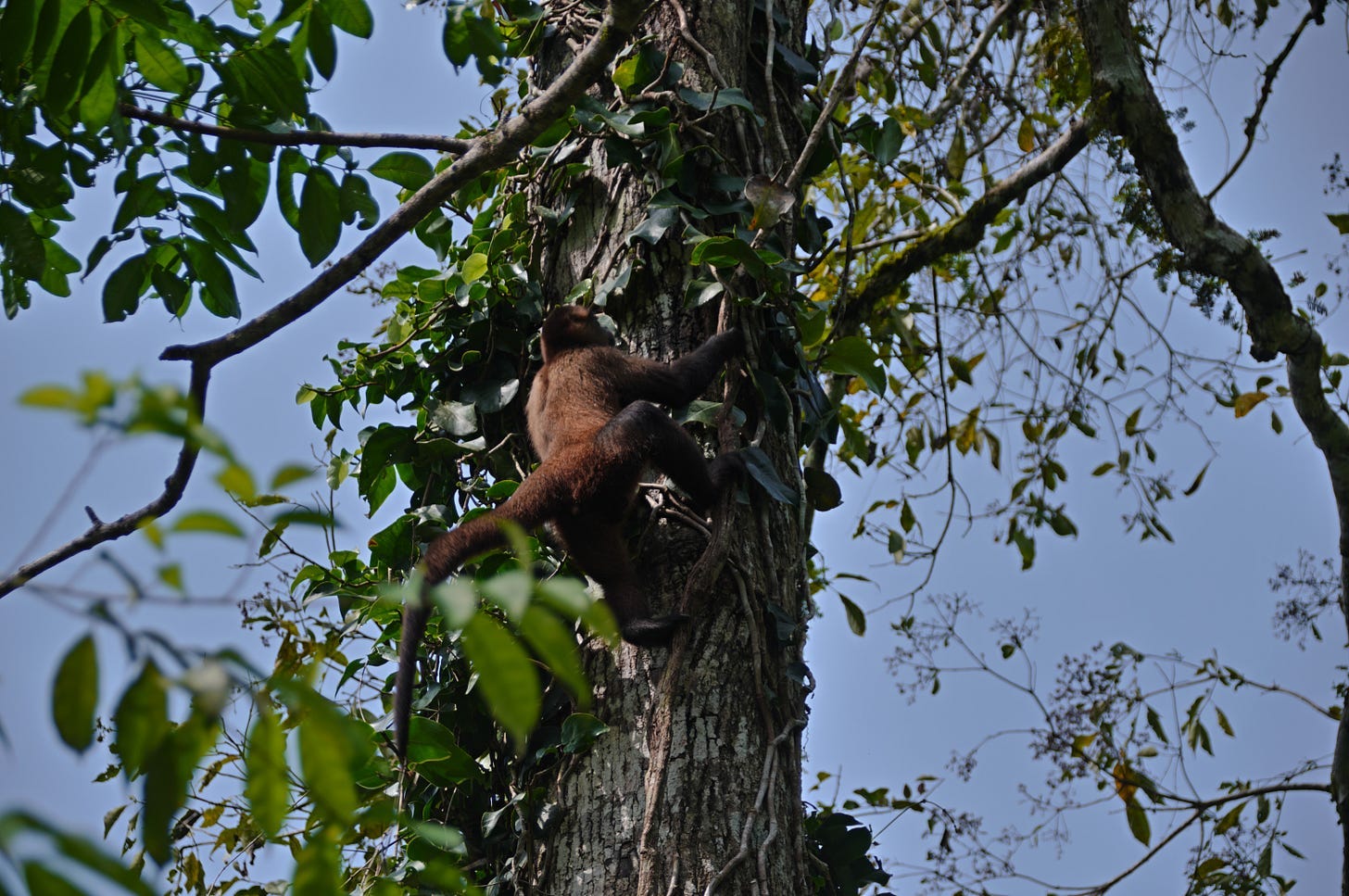
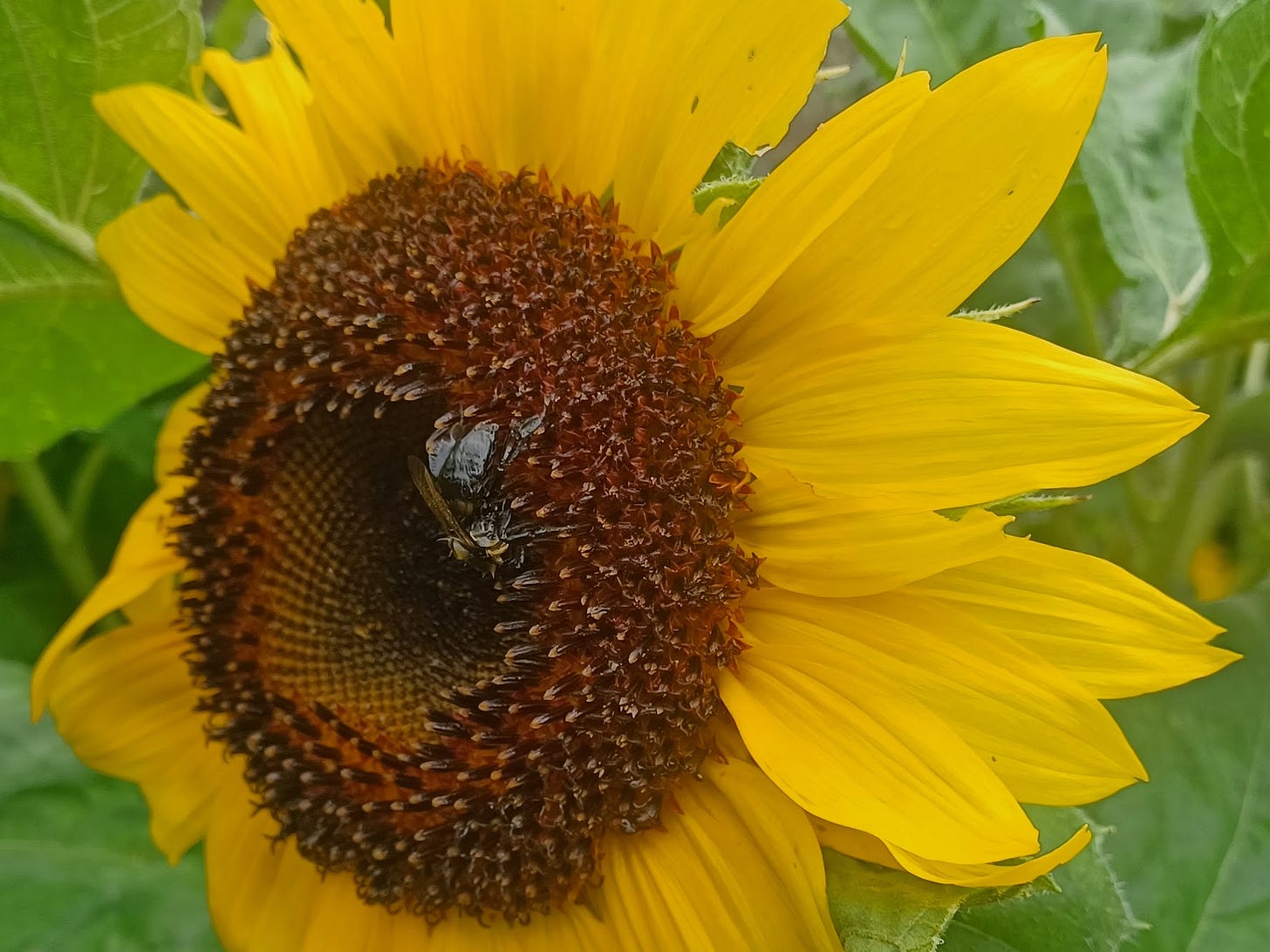
Beautiful & spot on Vanessa- thank you for this.💗
Lovely post! I am so excited to hear you’re working on a new book!! Are you able to share what it’s about or is it too new? 😊